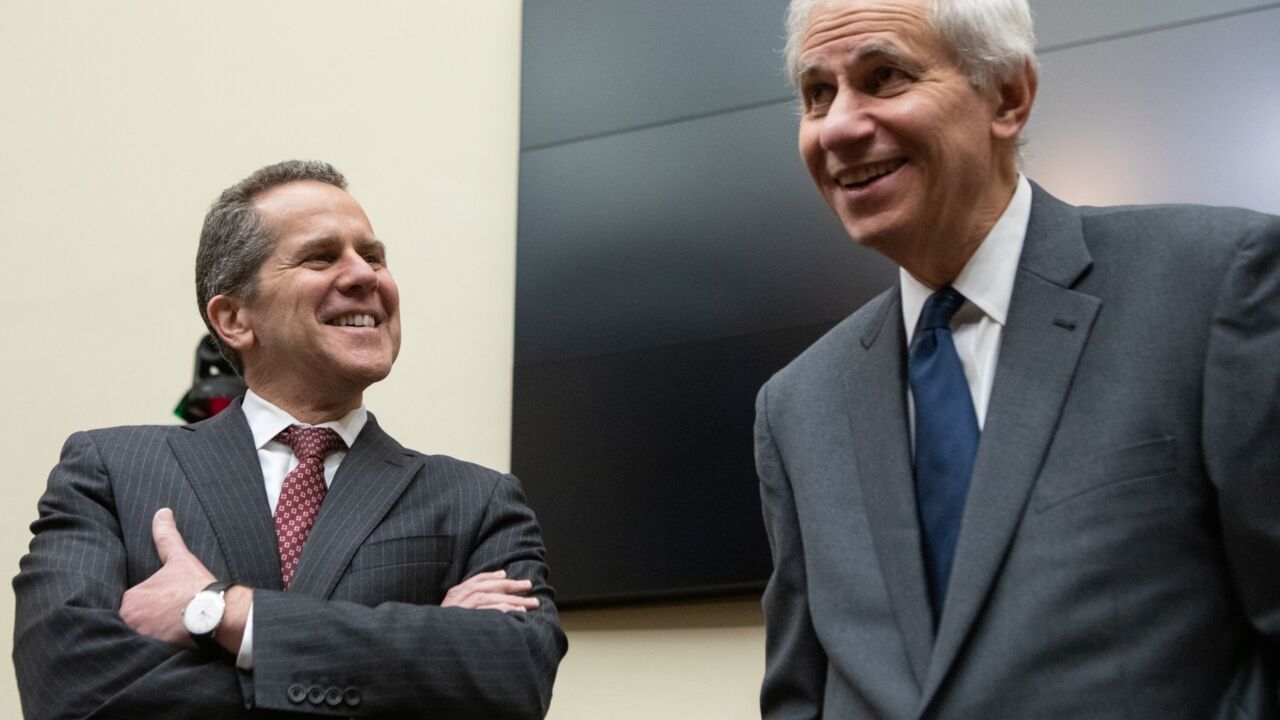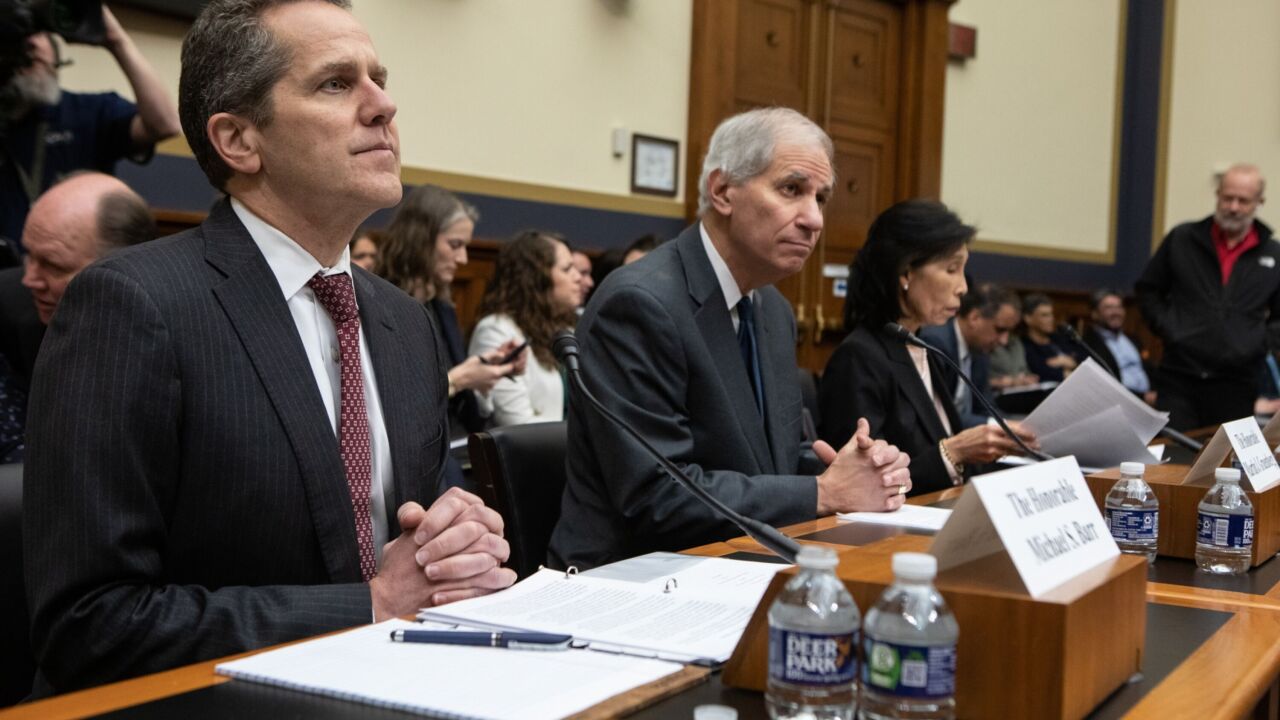
Kyle Campbell covers the Federal Reserve and housing policy for American Banker. Previously, he wrote about institutional investment in real estate for PERE. He has also held staff positions at Real Estate Weekly, the New York Daily News and the Southampton Press.


















